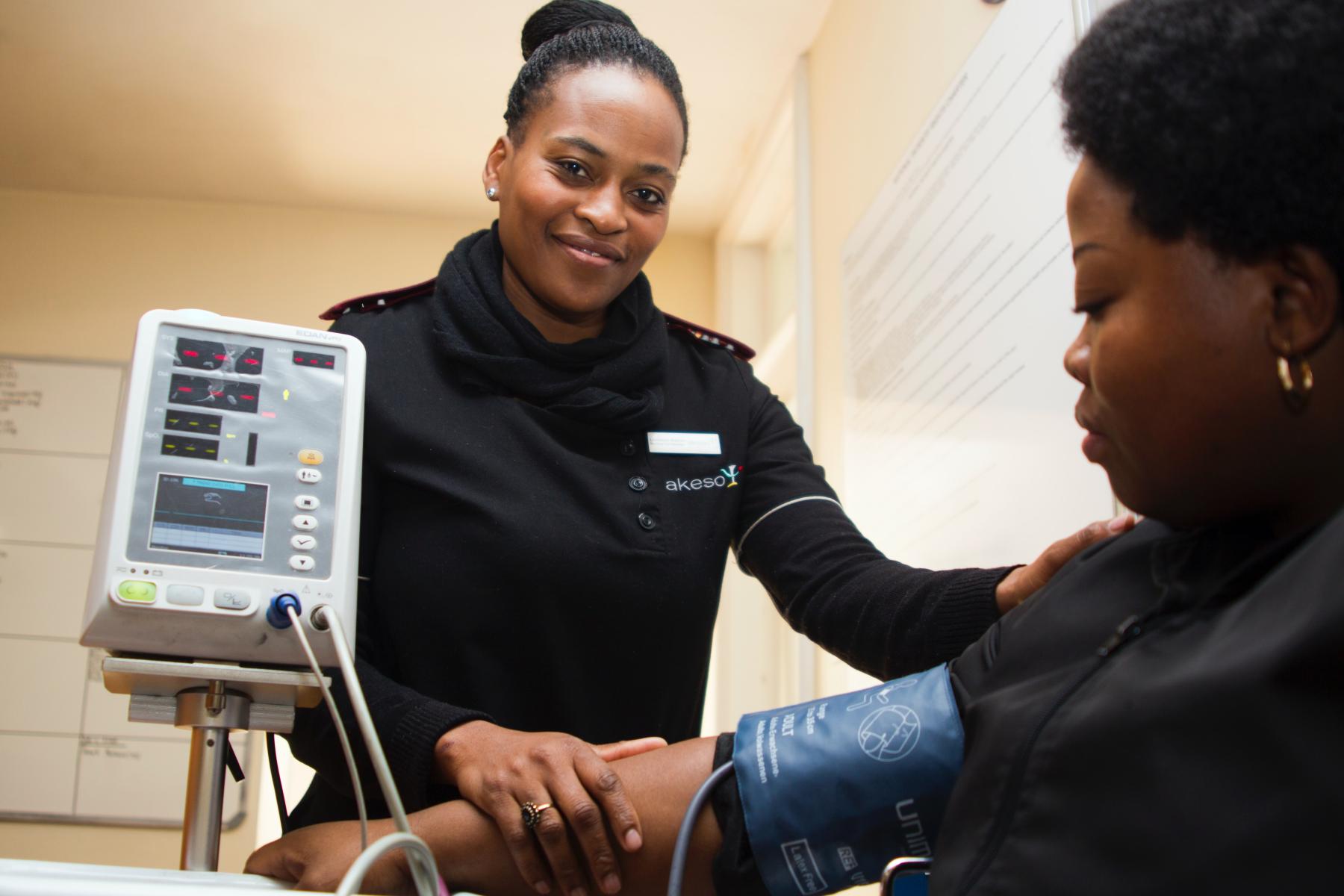19/01/2021
Inequalities in health and care: Part 1 - The Diagnosis Problem
In this first article of our new series spotlighting inequalities in the healthcare system, Katie and Arup tell us why diagnoses can sadly be fraught with inaccuracies for ethnic minorities and ask: how can we improve?
Working with the NHS for over a decade, we’re heartened that the nature of inequalities within healthcare settings is receiving closer attention than ever before.
With the COVID-19 outbreak and the Black Lives Matter movement happening in quick succession this year, the disproportionate effect of the pandemic on people from ethnic minorities was thrown into relief. The published data so far tends to focus on the statistics, and understanding the magnitude of the problem is of course important - but it is not all.
In this mini-series, we draw on our experience working with the NHS to take you behind the statistics, and into GP consultation rooms and hospital beds. We cover some of the main causes of health inequality and share some approaches to help tackle them, across: the diagnosis problem, research funding, being believed, and the digital divide.

Part 1 - Isn’t diagnosis scientific?
As scary as it can be, we often find a diagnosis reassuring. It gives a name to our pain or symptoms, and we can understand what the next steps might be as a result. We also tend to be pretty confident in diagnoses: they’re scientific and binary, after all.
However, for people of colour in particular, diagnoses can be fraught with inaccuracies and biases which have been built into our diagnostic tests for years, if not decades. Why?
Out of date research
These inaccuracies are not intentional, but a product of the research of the times, which was often not representative and certainly not as attuned as we are today to the need to consider diversity.
For instance, within thoracic surgery and kidney transplants, some referral guidance suggests that a risk factor of up to 20% is added for black patients. This could mean that black people are considered too risky to operate on, and may therefore be less likely to receive important treatments compared to their white counterparts.
Lack of diversity in education materials and medical image libraries
Dermatology is a field about skin, but unfortunately it's mostly about white skin. Clinicians themselves have spoken about the lack of diversity in their educational materials during training, making it harder to identify skin conditions when they occur on non-white skin. Our content analysis of online health forums revealed heavy demand from people of colour to find dermatologists able to recognize and understand their symptoms.
People of colour also lack something which white people take for granted: the ability to Google your symptoms. Medical image libraries are made up of primarily white images, meaning what is often the first step for us in deciding whether to make a doctor’s appointment is unavailable to them.
Professional underrepresentation
Analysis of the Royal College of Physicians of London (RCP) census reveals that just 2% of higher specialty trainees (HSTs) within dermatology are black, compared to 3.5% of the English population. This is truly problematic when you consider that this means just 4 of the 205 HSTs working in England are black, and so a maximum of 4 providers have a black dermatologist on their team.
How can we improve?
Tackling the deep rooted issues outlined above will take time, but as a team of problem solvers at The PSC, we wanted to share suggestions that could help (and in some cases already are) to incrementally move the dial towards a more equal healthcare system.
These are by no means exhaustive, so as always, we’d love to hear your thoughts and experiences in this area too.
1. Providing information to excluded groups. Improving communication with a diverse audience.
We have supported cancer alliances to come up with new approaches for reaching excluded groups, and are supporting several important pieces of national digital infrastructure to become more capable of communicating to a diverse audience. We do this through relentless user testing with patients about ‘what makes sense’, and use digital tools to make sure that the delivery of information is both timely and via the channels which the user prefers.
2. Communicating with practitioners. Now is the time to make anti-bias awareness and training fundamental to your organisational transformation strategy.
There are lots of ways in which micro-behaviours need to change. The actions are easy, but the habits are hard to establish. Active mentoring (a process that The PSC has effectively used in myriad clinical settings with over 2000 staff) can mitigate clinical practitioner unconscious bias and therefore improve the health and care experience that patients from ethnic minorities in the UK can face.
3. Smarter tools. Technology is as good as the people designing it.
As discussed in our recent podcast, diagnostics is one rapidly growing area for the adoption of AI. In the best case scenario, this could lead to the creation of diagnostic tools with the most diverse samples possible, and as a result, more accurate diagnoses for people of colour.
The risk here is that the algorithms themselves inherit the biases that already exist, and only consolidate the problem. In using AI for this purpose, it will be crucial to prioritise diverse samples over longitudinal ones (where out-of-date data and ways of thinking might marr outcomes), as well as to ensure diversity in the trials and ongoing governance structures of these products.
We hope you found this useful, and we’ll be back with the next article in our mini-series, looking at the barrier of healthcare funding in tackling health and care inequality.
Authors: Katie Burns and Arup Nath
Latest News & Insights.

The PSC is committing to new, more challenging sustainability targets
We are delighted to announce that we are committing to new, ambitious emission…

What does a good net zero programme look like for Integrated Care Systems?
The NHS has committed to reaching net zero in 2045 and Integrated Care Systems…

The PSC Wins Double Silver at the HSJ Partnership Awards 2024
We are delighted to announce that we have been awarded double silver at The HSJ…

